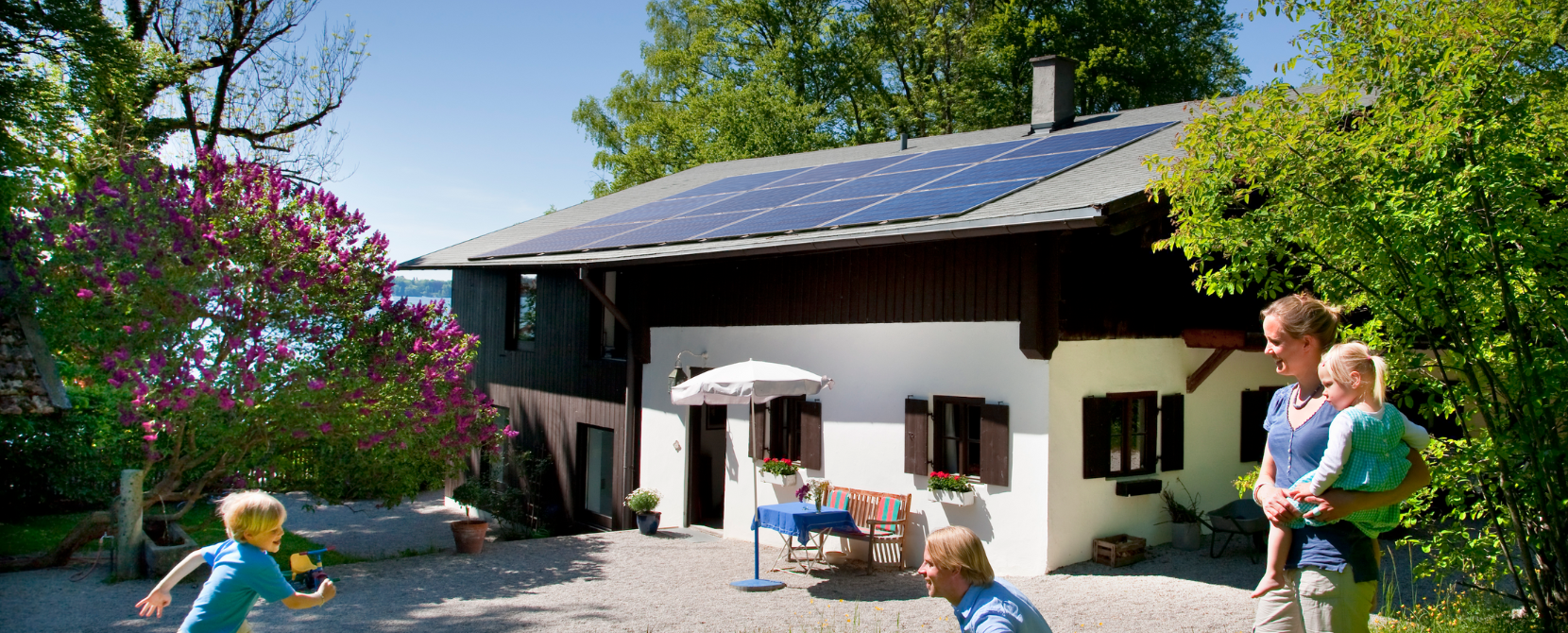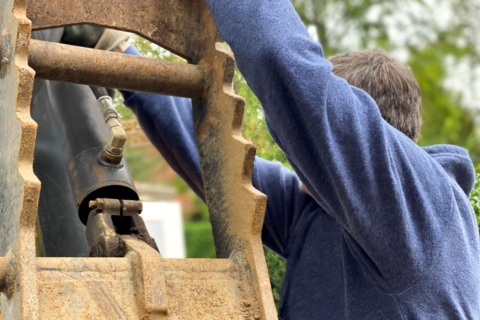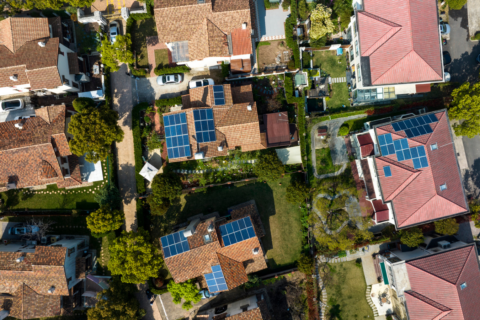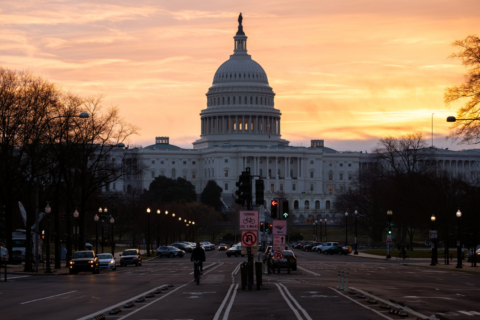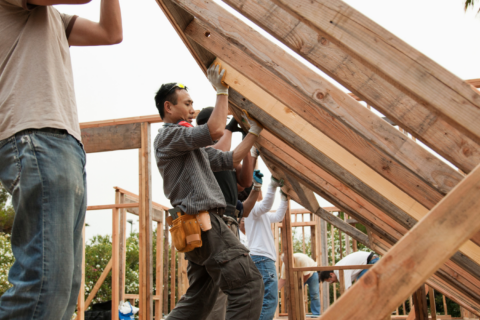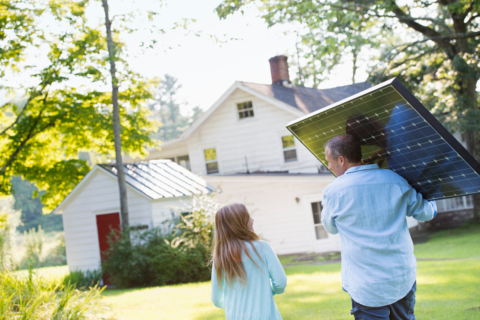The Energy Efficiency and Conservation Block Grant (EECBG) is designed to assist states, local governments and Tribes in planning and implementing programs and policies to reduce energy use, reduce greenhouse gas emissions and improve energy efficiency. The Bipartisan Infrastructure Law directed $550 million to the EECBG program. With over 19,000 local governments (including cities, towns, villages and counties) eligible for direct formula funding, this is one opportunity to advance local climate and sustainability goals.
While the initial deadline for accessing the formula funding has passed, the U.S. Department of Energy (DOE) is continuing to accept the Pre-Award Information Sheet from communities. As of July 31, DOE reports 17% of municipalities have not taken this first step toward accessing the funding. The majority of these communities are smaller, rural communities and cluster in a handful of states: Mississippi, South Dakota, Wyoming, Kentucky, Louisiana, Oklahoma, North Dakota, Arkansas, Nebraska, Connecticut and Puerto Rico.
To support all local government formula grantees, particularly small communities, DOE is offering a variety of capacity building technical assistance opportunities and providing key resources and flexibility for communities.
Build America, Buy America (BABA) Waiver
In July, DOE released a General Applicability Public Interest Waiver for BABA equipment purchasing requirements. Now, eligible entities with EECBG program formula allocations totaling $250,000 or less are exempt from BABA requirements.
Voucher Information
The EECBG program allows formula grantees to exchange their allocation for a voucher for technical assistance, an equipment rebate, or both. Choosing this route streamlines the application process and reporting requirements for communities. DOE strongly encourages local governments to consider the voucher option for their formula award if the:
- Entity has limited or no experience managing federal grant awards
- Entity has limited internal staff or local capacity to manage an EECBG program formula grant over multiple years
- Entity is receiving an allocation of $250,000 or less
The Voucher Handbook provides general guidance for voucher recipients, including eligible uses, processes and reporting requirements. DOE has also developed template applications for the equipment rebate and technical assistance vouchers that serve as planning tools and preview the information that may be included in the official voucher application, which will be formally released later this year.
Technical Assistance
DOE’s EECBG Technical Assistance Hub provides an overview of the current opportunities for communities.
- Blueprint Cohorts– Blueprints are model projects and programs designed to help local and Tribal governments achieve high impact results with limited grant dollars. DOE has developed 13 blueprints across six focus areas that serve as step-by-step guides. These recommended activities are pre-determined as eligible uses of EECBG program funding and entities that pursue blueprint project areas will benefit from accelerated application review times. Communities utilizing the blueprints will have the opportunity to join a cohort group and convene regularly with other EECBG grantees to ask questions, learn from experts and troubleshoot challenges. The Blueprint Cohorts will run the entire duration of the EECBG program to amplify the impact and reach of EECBG projects from start to finish. Sign up to join a Blueprint Cohort through this form or emailing technicalassistance@hq.doe.gov.
- Community Energy Fellowship – With this program, eligible EECBG grantees may apply to host a full-time, DOE-sponsored Fellow in their community to support the implementation of their EECBG projects for up to 18 months. Fellowships are coordinated through the Oak Ridge Institute for Science and Education. The first phase application deadline is October 4, 2023.
- The National Renewable Energy Lab (NREL) is offering 10-20 hours of free technical assistance to support communities in completing their Energy Efficiency and Conservation Strategy document. NREL can provide an overall picture of the community’s energy landscape and help determine the best path to meet local energy goals. Communities can email EECS_TA@NREL.GOV to request customized strategy support.
Additionally, NREL is offering two upcoming trainings on useful tools for communities:
- LEAD Training: Monday, Sept. 18 at 12 p.m. ET. Register here. The LEAD Tool provides housing and energy characteristics of low- and moderate-income households. Build state, county, or city “profiles” equipped with data you need to start new low-income programs, identify target communities, and inform energy planning.
- SLOPE Training: Tuesday, Oct. 3 at 12 p.m. ET. Register here. The SLOPE tool provides data on energy efficiency, renewable energy, and sustainable transportation at the state and local level. It can answer key energy planning questions such as “How can various energy strategies help my community achieve its energy goals?”
Office Hours
DOE is convening bi-weekly office hours on a pilot basis for eligible entities to receive direct support. Interested communities can complete this interest form and will be contacted by DOE. Upcoming Office Hours are planned for Sept. 22, Oct. 6 and Oct. 20 at 2:30 pm eastern.
Additional NLC Resources
Here are some NLC resources that might be helpful to local leaders as they think about projects to utilize the funding:
